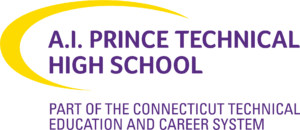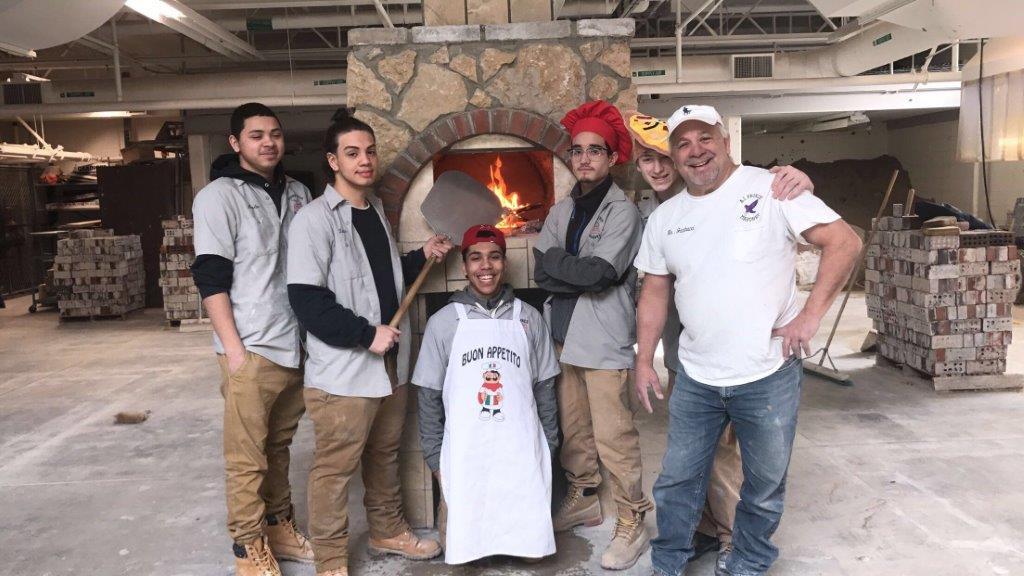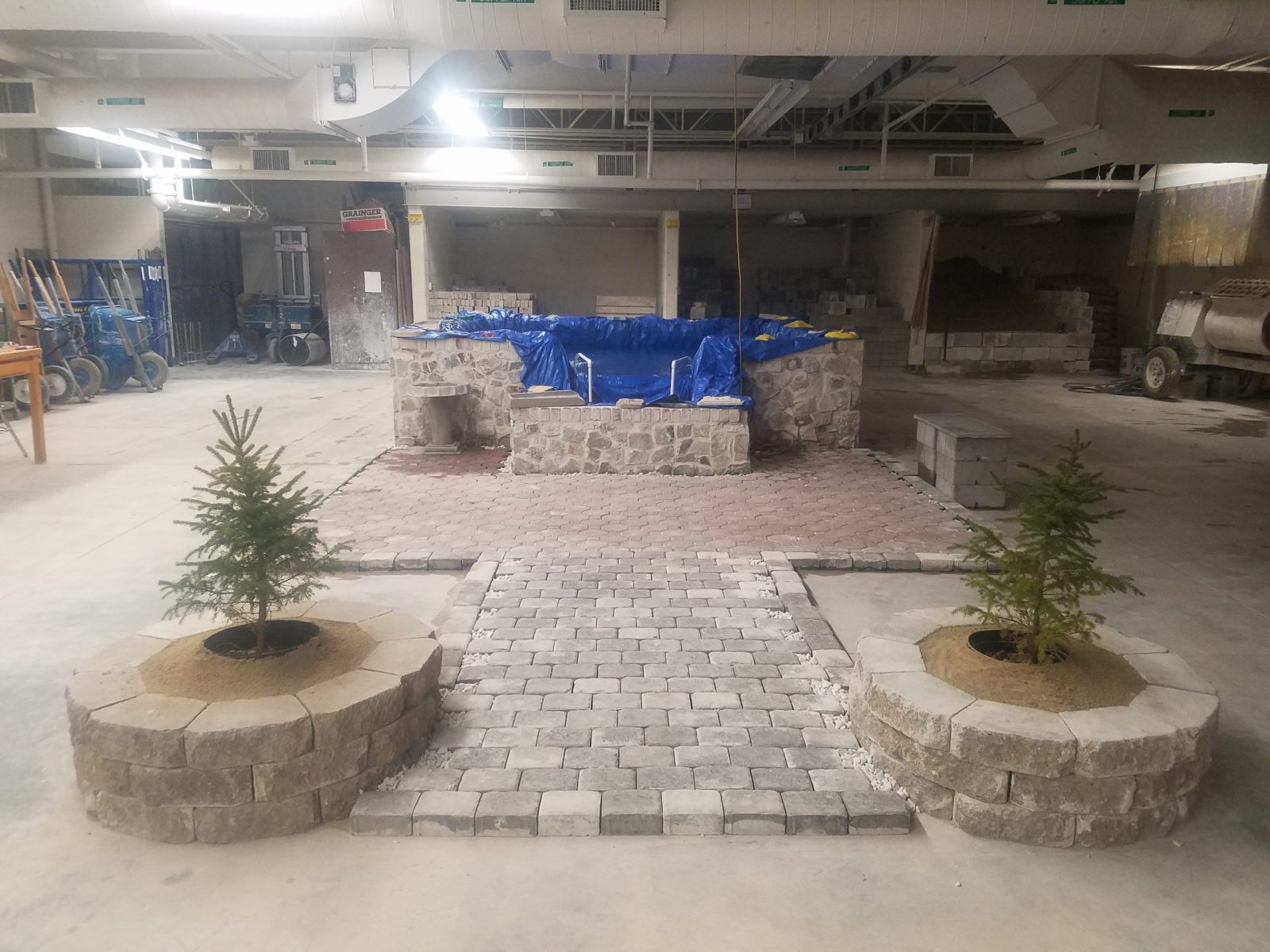Instructors
Grant, Jerome
Department Head, Masonry
Jerome.Grant@cttech.org
(860) 951-7112 x5508
Syriac, Jason
Instructor, Masonry
Jason.Syriac@cttech.org
(860) 951-7112 x5510
Program Description
The Masonry Program prepares students for employment in construction trades directly related to the use of mortar, block, tile, and slate, as well as hardscape installations and historical restoration. The program involves the understanding and use of materials such as mortar and bonding agents, the related hand and power tools of the trade, laying and aligning brick, block, and tile, the building of archways, fireplaces, chimneys, wall works, and interior finishing. As students advance they are exposed to job cost estimations, the use and application of more advanced materials and techniques, and production work for outside customers.




